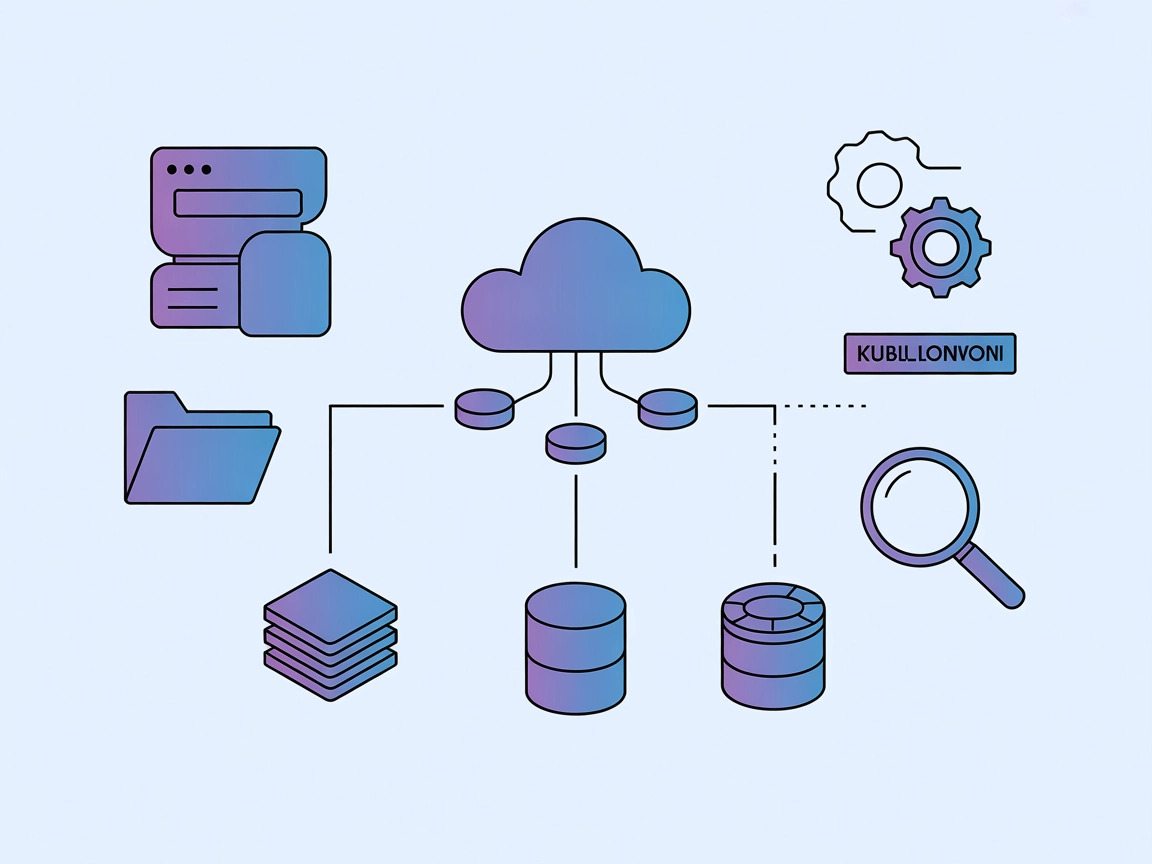
Model Context Protocol (MCP) Server
The Model Context Protocol (MCP) Server bridges AI assistants with external data sources, APIs, and services, enabling streamlined integration of complex workfl...

Honeycomb MCP Server empowers enterprise AI agents to securely query and analyze observability data, automating insights and diagnostics for production systems.
FlowHunt provides an additional security layer between your internal systems and AI tools, giving you granular control over which tools are accessible from your MCP servers. MCP servers hosted in our infrastructure can be seamlessly integrated with FlowHunt's chatbot as well as popular AI platforms like ChatGPT, Claude, and various AI editors.
The Honeycomb MCP (Model Context Protocol) Server is a specialized tool designed for Honeycomb Enterprise customers, enabling AI assistants to directly interact with Honeycomb observability data. By acting as a bridge between AI models and the Honeycomb platform, this MCP server allows LLMs to query, analyze, and cross-reference data such as metrics, alerts, dashboards, and even production code behavior. Its integration enhances developer workflows by automating complex data analysis, facilitating quick insights into production issues, and streamlining operations involving SLOs and triggers. The server provides a robust alternative interface to Honeycomb, ensuring that authorized users can leverage AI to gain actionable insights from their observability systems, all while maintaining secure access via API keys and running locally on the user’s machine.
No prompt templates are explicitly listed in the repository or documentation.
No explicit list of resources is provided in the available documentation or code overview.
No explicit details about tools (such as functions, endpoints, or tool definitions in server.py or index.mjs) are directly listed in the available documentation or code overview.
pnpm install and pnpm run build.windsurf.json).{
"mcpServers": {
"honeycomb": {
"command": "node",
"args": [
"/fully/qualified/path/to/honeycomb-mcp/build/index.mjs"
],
"env": {
"HONEYCOMB_API_KEY": "your_api_key"
}
}
}
}
pnpm install and pnpm run build.CLAUDE.md for more).{
"mcpServers": {
"honeycomb": {
"command": "node",
"args": [
"/fully/qualified/path/to/honeycomb-mcp/build/index.mjs"
],
"env": {
"HONEYCOMB_API_KEY": "your_api_key"
}
}
}
}
pnpm install and pnpm run build.{
"mcpServers": {
"honeycomb": {
"command": "node",
"args": [
"/fully/qualified/path/to/honeycomb-mcp/build/index.mjs"
],
"env": {
"HONEYCOMB_API_KEY": "your_api_key"
}
}
}
}
pnpm install and pnpm run build.{
"mcpServers": {
"honeycomb": {
"command": "node",
"args": [
"/fully/qualified/path/to/honeycomb-mcp/build/index.mjs"
],
"env": {
"HONEYCOMB_API_KEY": "your_api_key"
}
}
}
}
Note:
Always secure API keys using environment variables. Example:
"env": {
"HONEYCOMB_API_KEY": "your_api_key"
}
You may also supply multiple environments by repeating the "env" block with different API keys.
Using MCP in FlowHunt
To integrate MCP servers into your FlowHunt workflow, start by adding the MCP component to your flow and connecting it to your AI agent:

Click on the MCP component to open the configuration panel. In the system MCP configuration section, insert your MCP server details using this JSON format:
{
"honeycomb": {
"transport": "streamable_http",
"url": "https://yourmcpserver.example/pathtothemcp/url"
}
}
Once configured, the AI agent can now use this MCP as a tool with access to all its functions and capabilities. Remember to change “honeycomb” to whatever you want to name your MCP server and replace the URL with your own MCP server URL.
| Section | Availability | Details/Notes |
|---|---|---|
| Overview | ✅ | Overview found in README.md |
| List of Prompts | ⛔ | Not found |
| List of Resources | ⛔ | Not found |
| List of Tools | ⛔ | Not found |
| Securing API Keys | ✅ | Provided in README.md |
| Sampling Support (less important in evaluation) | ⛔ | Not mentioned |
Between these two tables, the Honeycomb MCP provides a clear integration path and use case description, but lacks public documentation for prompt templates, resources, and tools as per the MCP protocol. It is well-documented for setup and use in enterprise workflows.
Rating: 5/10 — Solid on setup and use-case context, but lacking in technical detail for MCP-specific primitives.
| Has a LICENSE | ✅ (MIT) |
|---|---|
| Has at least one tool | ⛔ |
| Number of Forks | 6 |
| Number of Stars | 25 |
The Honeycomb MCP Server enables AI assistants to directly interact with Honeycomb observability data, allowing LLMs to query, analyze, and cross-reference metrics, alerts, dashboards, and production code behavior for improved diagnostics and automation.
Typical use cases include querying observability data for trends and anomalies, automating SLO and trigger insights, analyzing dashboards for production health, and linking codebase information with live metrics for faster root cause analysis.
Always set your Honeycomb API key using environment variables in the MCP server configuration block. Never hard-code sensitive keys in your source files.
No explicit prompt templates or tool definitions are documented for this server. Its primary focus is on facilitating direct and secure data access for AI agents.
Yes. It is designed for Honeycomb Enterprise customers, with secure, local deployment, robust integration, and automation capabilities for production observability use cases.
Unlock actionable observability insights with AI-augmented automation. Use Honeycomb MCP Server with FlowHunt for streamlined diagnostics and faster incident response.

The Model Context Protocol (MCP) Server bridges AI assistants with external data sources, APIs, and services, enabling streamlined integration of complex workfl...

The ModelContextProtocol (MCP) Server acts as a bridge between AI agents and external data sources, APIs, and services, enabling FlowHunt users to build context...

The Kubernetes MCP Server bridges AI assistants and Kubernetes/OpenShift clusters, enabling programmatic resource management, pod operations, and DevOps automat...
Cookie Consent
We use cookies to enhance your browsing experience and analyze our traffic. See our privacy policy.